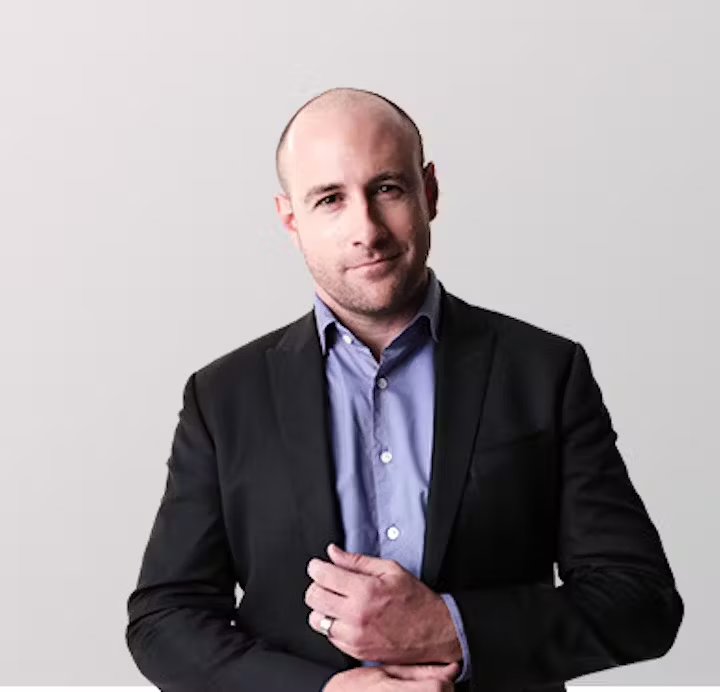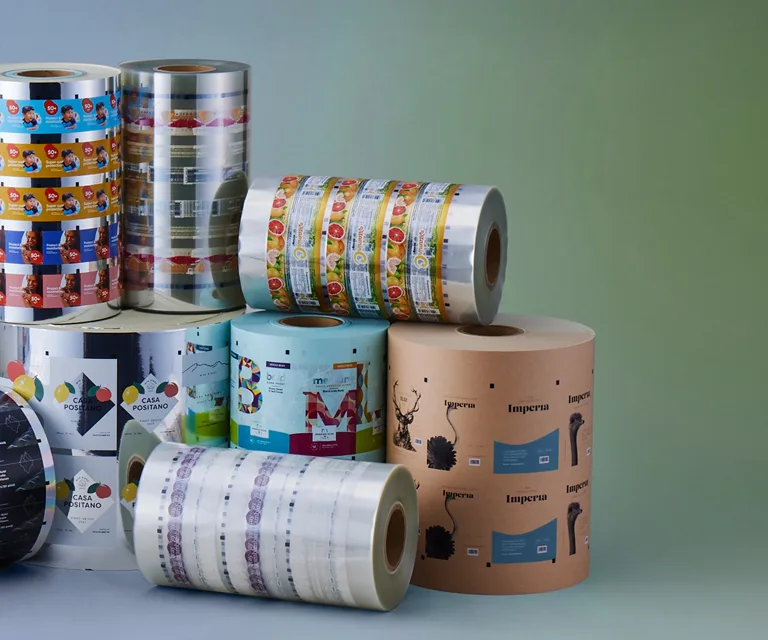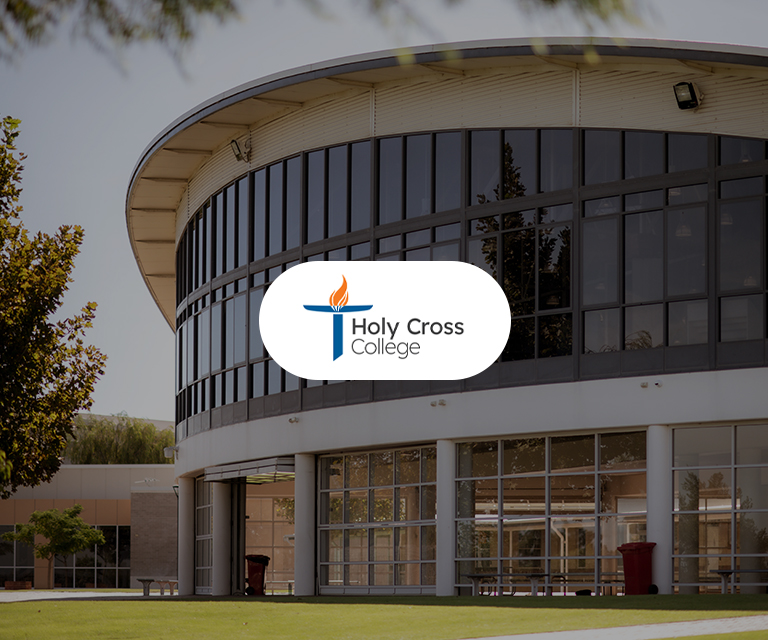Meet Ben Sorensen
Business Development and Commercialisation Manager, Data61
Ben can attest to the fact that being naturally innovative does not always result in a linear career path. After 20 years, Ben has held 11 different job roles. Discover what his unique experience has taught him about the strategies, models, leadership styles and cultures that define brilliance in Australian business.
If we’re talking innovation of the disruptive type, it’s really about delivering something that’s so good it makes other things irrelevant, and there’s no point in going back.
Ben Sorensen is a Business Development and Commercialisation Manager at CSIRO’s Data61 – Australia’s data innovation network. He is charged with aligning purpose, leadership, strategy and culture to create new value and seed new industries. Ben discusses how experiential learning from his varied career brings something different to the table and that, to a certain extent, he’s now hired for what his mistakes have taught him.
Innovation takes many forms and all the textbooks will tell you it’s very complex. But defining innovation is actually simple: it’s doing something differently for better outcomes. Ben Sorensen is keen to add a few subtle provisos here – whether we’re talking a sole trader, multinational, research organisation, government agency or a city, fundamentally that entity has a purpose to solve problems, create new value and to take ideas forward.
We need to remember that innovation is not only a tool but also a way of thinking and if we’re talking innovation of the disruptive type, it’s really about delivering something that’s so good it makes other things irrelevant, and there’s no point in going back. “We need to take the language of innovation away from consulting jargon to make it simple and accessible – it’s not rocket science, and it doesn’t need to be high-risk, high-cost or slow. Everyone is at risk of being disrupted, so the concepts of change have to be made easy to adopt. To ensure our society and Australia’s future generations enjoy a prosperous future, we must adopt new ways of thinking and behaving. And, importantly, we need to create new relevance and new value at a pace that is faster than our international competitors,” Ben says.
For innovation is to fulfil its potential, it can’t be done in isolation. Ben spells out the four elements that must be meshed for success.
Start with purpose
All innovation activity must be based in a valid purpose. Essentially, every organisation that wishes to remain relevant in the long term must be motivated by more than just extracting value from a market. Sustainable organisations are customer-centric and purpose-driven, aiming to solve problems and create value for customers. They deliver real value by focusing every aspect and activity of the organisation on delivering outcomes their customers desire – more effectively than competitors.
The vital questions Ben wants asked by organisations are: What is our reason for existence? What outcomes do our customers want? If we did one thing really well, what would/should it be? How do we need to do it in a way that is different and better than our competitors? And, how can we move faster to anticipate future needs?
Leadership is everyone’s responsibility
Ben’s experience is that true leadership doesn’t let anyone off the hook. It’s embedded in the culture and ensures progress. “Everything turns on leadership. And we must each play our own part as leader – no matter whether if we’re at the top or the bottom of the organisation. The focus of great leadership – it’s a verb, by the way – is on motivating and shared purpose, and is characterised by trust. Senior leaders are responsible for setting and communicating a clear direction, while also creating the conditions that enable the excellence of others to determine the best way to deliver improvements. “It’s a contract that requires equal parts of maturity and humility. It’s about setting a very clear ‘what’, and trusting others to figure out the ‘how’,” he says.
CSIRO’s Data61 is the first organisation Ben’s been part of that engenders what the experts call ‘humble mastery’. As an organisation that thrives on the excellence of its SMEs (subject matter experts) – be they researchers, engineers, business developers or HR – CSIRO’s Data61 “gives us autonomy to do our jobs but within a structure that provides certainty, trust and confidence for us to connect with each other”.
Ben gives back from his 20 years experience – he has founded, run and grown global businesses by structuring them to innovate and hit commercial goals – to help emerging leaders bridge the gap in the rapid evolution from the industrial to the digital economy. He helped develop and delivers a disruptive innovation and strategy course at QUT’s Graduate School of Business “To unlock creativity, and to help organisations survive and thrive in an increasingly complex and dynamic environment, leaders need a whole new set of skills and behaviours to be successful. But perhaps the greatest unchanging asset in a leader is their ability to get crap out of the way so their experts can move unencumbered – textbook small ego, ‘servant leadership’ that is inspired by a shared purpose and empowers the excellence of others.” Ben says.
Strategy to shape the environment in your favour
Ben knows that great innovation is actually great strategy, aligned with the organisation’s purpose. “People generally take a linear, analytic approach to strategy, if they take an approach at all. The best organisations do this automatically while also exploring for new opportunities to create value. They embrace the idea that the status quo doesn’t extend into the future, and systematically look for gaps in the market that provide new competitive advantage.”
While humans are problem solving machines, it’s critical to ask the right questions to safeguard that scarce resources – time, budget and people – are allocated to finding and building new opportunities, rather than just solving problems. As Ben explains, “history has shown that winners in any field don’t just align their strengths against competitor strengths. They seek new perspectives and win by moving around the competition rather than against it.”
He separates innovation activities into in two distinct pathways, and both are required. Tackling the small, discrete points for small productivity improvements – this tightening of the screws is essential just to stay even in a competitive environment. And then there’s the larger picture: “If we’re looking to transcend the weeds, to remain relevant and survive and thrive on our own terms, to accelerate the creation of future industries and jobs growth, we can’t stay with what we know. To give us a view into what we don’t know, you need to look to disruptive strategies, tools and technologies, and forming creative relationships with objective external partners who bring skill sets you don’t have inhouse. You don’t know what you don’t know.”
Culture is the force multiplier
Culture’s alignment with a valid purpose and well-grounded strategy is necessary to achieve greatness. And the best leaders work hardest at this. Both the CSIRO and Data61 have appointed new entrepreneurial leaders in recent times, working to create the internal climate to attract the most accomplished in their fields and enable their more than 5000-strong team to ‘better our world and Australia’s place in it’. “There is a very real understanding that, as researchers and engineers, we can only have impact in the world and success in this mission if the culture nurtures the skills and benefits of collaboration,” Ben says.
Culture is the hardest part of the four, and Ben says the challenge for most leaders is that they often inherit the organisational culture, but are then responsible for how it evolves. “Leaders don’t control culture, but they do control climate. They need to focus on setting a climate that empowers, encourages and enables excellence. Great organisations bake innovation behaviours into the culture by setting them as expectations. Giving ‘permission’ isn’t enough – it only gets involvement, not commitment, and teams that are committed to each other and achieving a shared purpose have almost always outperformed those that aren’t.”
Innovation and me
From the outside, Ben’s meandering 11 roles in a 20 year career hasn’t always make sense. But every decision has been well considered and contributes to his end game: “To create as much value as possible for as many people as possible, by helping leaders to build and grow great organisations”.
In this time Ben has worked with hundreds of organisations and thousands of people across the globe, learning what works and what doesn’t. “What’s clear to me is that the winners in their fields succeed through a combination of leadership, disruptive strategies and innovation, humility, a commitment to purpose and savvy integration of technology. Today’s organisations must focus on these things and creation of new value through digital and data-driven innovation.
“I’m a late-GenX but behave like a typical GenY – I’ve gone in search of meaning and purpose from my worklife. Experiential learning is essential to bringing something different to an enterprise. It’s how you explore, find patterns and short cuts to answers. To a certain extent, I’m now hired for what my mistakes have taught me – and I’ve made heaps!”
It pays to move obliquely sometimes. Ben’s advice is: “If you’re having trouble securing work or a promotion in a particular field, try stepping outside what you know and just look for new things, new perspectives. Perhaps you’ll need to keep your day job and do other stuff, get your hands dirty, on the side. You’ll also be able to put your finger on what kind of leader you are – a catalyst for change or the execution of critical strategies”.
Data61 is a perfect fit for Ben as it’s an entire entity, established under the auspices of the CSIRO, to develop and commercialise digital and data-driven innovation. “I’m very fortunate to be working on things that will affect the prosperity of future generations. We’re helping change the trajectory of the country from within,” he says.
CSIRO’s Data61 – creating Australia’s data-driven future www.data61.csiro.au CSIRO’s Data61 is Australia’s data innovation network that transforms existing industries and creates new ones through the application of science and technology. As an applied R&D partner, Data61’s capabilities range from cybersecurity, confidential computing, IoT, robotics, machine learning and analytics, software and programming to behavioural sciences and more. For further information, visit www.data61.csiro.au and @data61news.
To unlock creativity, and to help organisations survive and thrive in an increasingly complex and dynamic environment, leaders need a whole new set of skills and behaviours to be successful.
– Ben Sorensen
All individuals interviewed for this series were selected based on their professional standing and experience, and are wholly independent of any commercial relationship with Konica Minolta. Their comments and insights were provided freely without any form of payment. None of the comments provided constitute an endorsement of Konica Minolta products or services.





